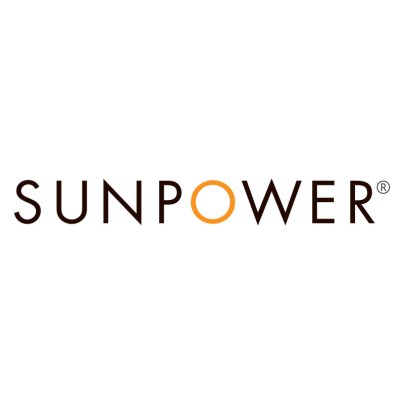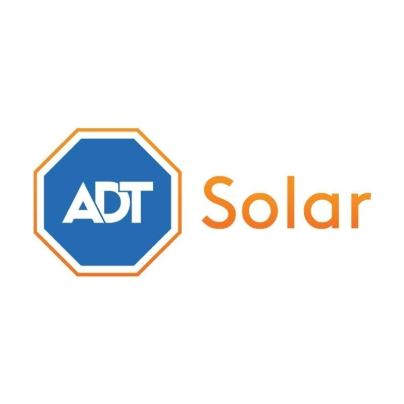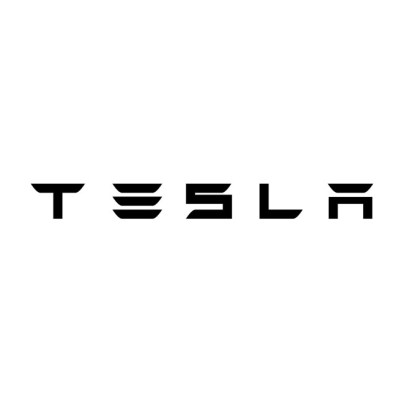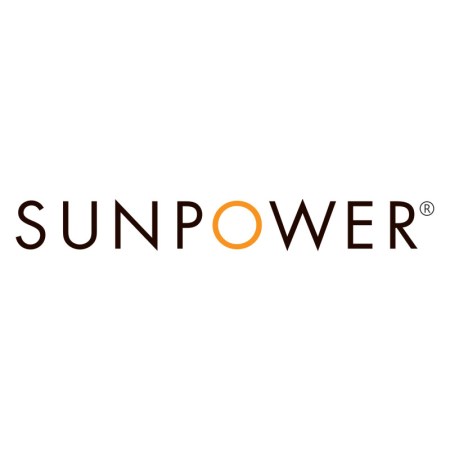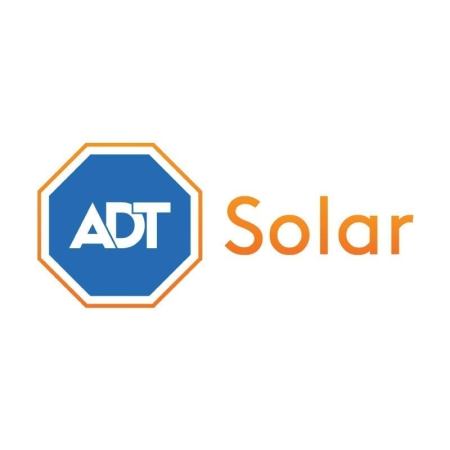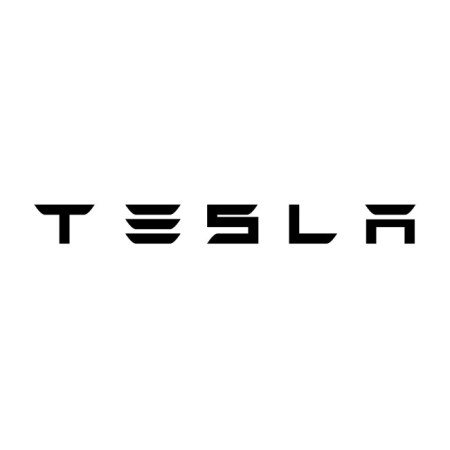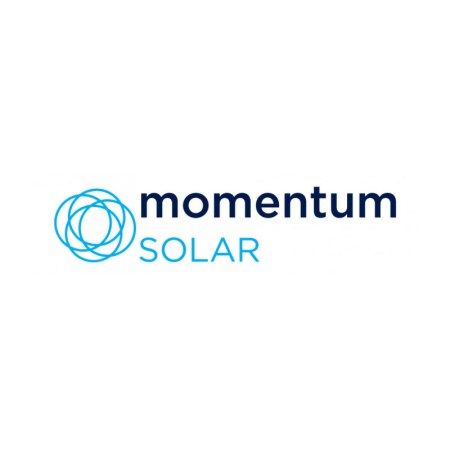We may earn revenue from the products available on this page and participate in affiliate programs. Learn More ›
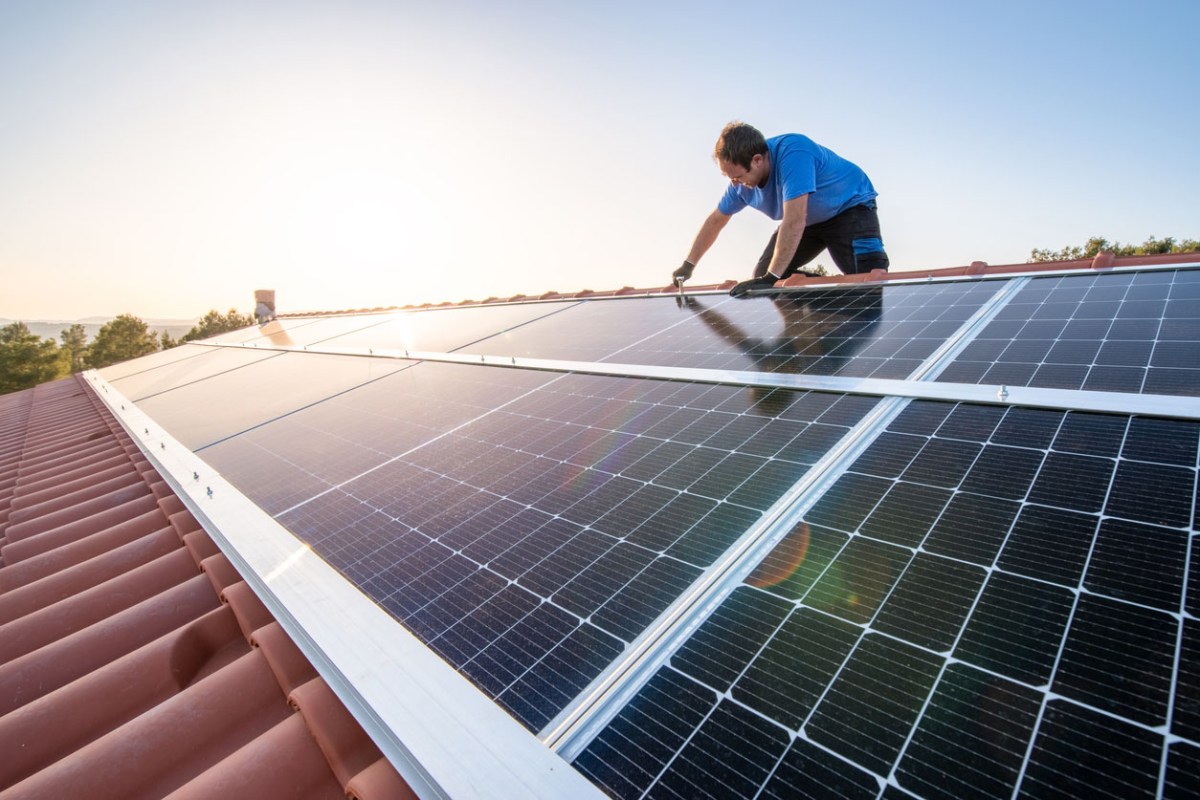
Although solar panels are still on the pricey side, they’re beginning to come down in cost, and their quality is increasing. One of the advantages of solar energy is a reduced carbon footprint, but installing solar panels is a job for a specialist—an average building contractor typically isn’t well versed in installing or repairing solar panels.
Homeowners often have a general idea of what they’d like to accomplish by installing a solar energy system, as well as the main benefits of solar electricity, but not understanding the technical aspects behind going solar can keep them from realizing their dreams. That’s where the best solar companies come in. They can give homeowners accurate estimates of the installation cost, explain how much power the new panels will generate, and even detail how much a solar array is likely to reduce their utility bills. Homeowners will want to learn what to look for when selecting a solar company and find out why the following solar companies earned a spot in this lineup.
- BEST OVERALL: SunPower
- RUNNER-UP: ADT Solar
- BEST BANG FOR THE BUCK: Tesla
- BEST CUSTOMER SERVICE: Momentum Solar
- ALSO CONSIDER: Palmetto
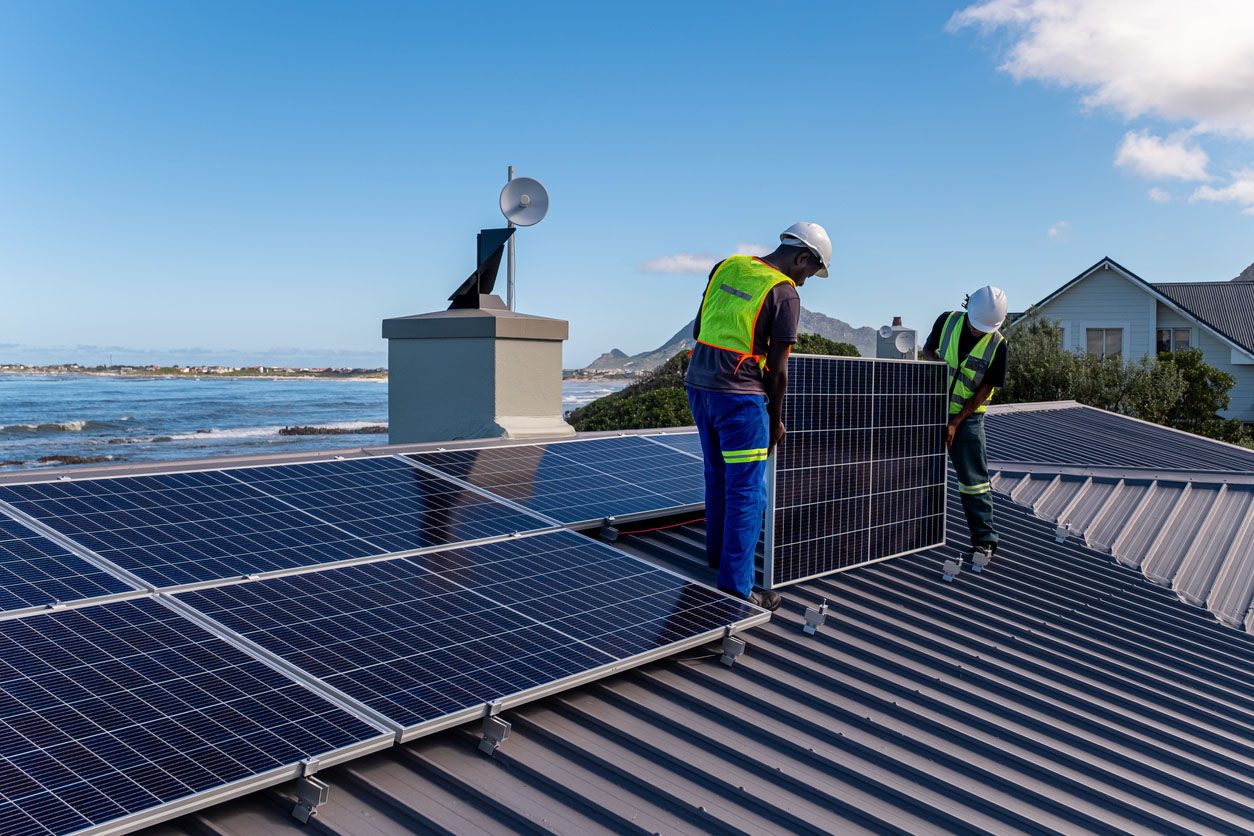
What to Consider When Choosing One of the Best Solar Companies
For the best power-generating results, solar panels should be installed where they receive plenty of direct sunlight. But this factor varies depending on the home’s location, whether the yard has large trees, and the type and efficiency of the panels. Before choosing the best solar company, it pays for homeowners to consider vital factors that will affect both efficiency and cost.
Service Area
Many solar installation companies are located in larger metropolises. Still, with the growing popularity of this energy-saving product, more and more companies are setting up shop in rural areas. The service area of companies will vary, but many will consider anywhere within a 30-minute commute from its home office to be in its area. Those living outside the company’s service area may pay an additional travel fee to have the company come out and install a solar array.
Home Location and Roof Type
When a homeowner chooses to install solar panels, location is critical. In regions in the far northern U.S., short winter days may not provide sufficient sunlight to balance out the cost of having a solar array installed.
Location isn’t limited to the general area; it also pertains to whether tall trees or buildings will block the sun’s rays for a substantial part of the day. In addition, roof type is a consideration. A roof with a slope that faces south is optimal for the installation of solar panels, but the roof structure on some homes may not be structurally sound enough to support a solar array. The installer may need to modify the roof or install the panels on a freestanding ground unit rather than on the roof.
Type of Panels
Solar panels all generate electricity, but they do so in different ways. The two main types of solar panels are photovoltaic and thermal, and within those categories are a few more (or less) common varieties.
- Photovoltaic: The most common solar panel installed today, photovoltaic panels incorporate solar cells that convert sunlight to electrical power. Those looking to power a large percentage of their home’s energy needs will typically have photovoltaic panels installed.
- Thermal: Not as common but still useful, solar thermal panels incorporate mirrors that reflect and concentrate the sun’s rays to create electricity. Thermal solar technology is more likely to be used for small energy purposes, such as powering a solar floodlight.
- Monocrystalline: Produced from a single (mono) silicon crystal, these panels are dark black in color. They’re long lasting and compact, but they’re among the most expensive. They come with efficiency ratings of 20 to 25 percent (see “Efficiency and Performance” below). They are considered to be among the best solar panels for home use.
- Polycrystalline: These solar panels are less expensive because they’re made from silicon fragments rather than a large silicon crystal. They’re more affordable than monocrystalline but not as efficient, ranging in efficiency from about 15 to 17 percent.
- PERC: The acronym stands for Passivated Emitter and Rear Cell, and it’s a new technology that improves the efficiency of monocrystalline panels. The highest efficiency of all, PERC panels can be up to 5 percent more efficient than traditional monocrystalline panels.
- Thin-film: Not quite as efficient as other types of panels, thin-film panels do not contain pricey crystalline silicon, which makes them more affordable. Depending on the quality of the individual panel, efficiency will typically range from 6 to 15 percent.
On-Grid vs. Off-Grid
Homeowners can install a stand-alone, off-grid solar array or an on-grid (also known as a grid-tie) array. Both come with a few benefits and considerations.
An off-grid solar array is the best choice for those who want to be completely energy independent. It allows the user to generate all their electricity, and if a storm results in a municipal power outage, an off-grid system will continue to operate. Excess power is usually stored in large batteries, which can be thought of as renewable energy stocks, to help supplement electricity when it’s cloudy. However, if the off-grid system isn’t generating due to cloudy weather and battery stores are depleted, there is no alternate source of electricity.
Many homeowners opt for a grid-tied system because they can usually sell the excess energy back to the utility company (called net metering). If it’s cloudy, their home can draw power from the utility. However, if the utility company experiences an outage, a grid-tied system immediately shuts down. This is for safety reasons: It would not be safe for a lineman to work on a downed power line if someone’s home solar array was sending electricity into the line. Those who have grid-tied systems can minimize outages by installing batteries from which to draw electricity during an outage.
Efficiency and Performance
Solar panels are becoming more efficient as manufacturers incorporate better technology, but how can consumers judge whether a specific panel is better than another? It’s all about percentages. The majority of solar panels have efficiency ratings of 15 to 20 percent. When the sun’s rays hit the panel, it will convert from 15 to 20 percent of the sun’s energy into electrical power.
A few high-efficiency solar panels are up to 25 percent efficient, but for the most part, the top efficiency available today is about 22.8 percent. Cutting-edge scientists are working on methods to increase solar panel efficiency all the time, and lab tests show panels available in the future could be up to 40 percent efficient. Speaking with a professional installer will provide homeowners with a better idea of how much energy solar panels can provide than using a solar panel calculator online. They’ll also want to keep in mind that in order for panels to stay efficient, the panels may require occasional maintenance such as cleaning or repairs. It may be wise for a homeowner to learn how to clean solar panels or find the best solar panel cleaning services in their area.
Manufacturers vs. Installers
Many top solar companies are certified to install one or more brands of solar panels for home use, while a few solar companies both manufacture and install solar panels. The difference may not be significant to some consumers, especially those looking to get good deals on panel installation, but it often factors into the installation company’s guarantee. Companies that both make and install solar arrays are usually more likely to stand behind their product, benefiting consumers. On the flip side, a company that installs panels but doesn’t make them may require the customer to contact the manufacturer directly for warranty work.
Consultation Process
Many homeowners who are considering solar have questions like, “How many solar panels do I need?” or “How long do solar panels last?” Most solar energy companies offer a free consultation. This includes analyzing and evaluating the home’s location and determining the amount of direct sunlight it would receive, as well as giving customers a rundown of solar and addressing the homeowner’s specific questions and concerns. As part of the process, the company will often recommend a specific type of solar panel array. It should be able to give the homeowner an estimate of how much they stand to save on their current utility bill.
Pricing and Financing
In general, solar panel costs run from around $17,000 to $31,000 or more for equipment and installation, but this depends on the number of panels required and their efficiency ratings. Most homeowners will pay an average of around $24,000.
Financing may be available through the solar company or a private lender. Homeowners may want to consider that a private lender will often require the homeowner to take out a second mortgage on their residence to secure the loan.
Some homeowners find leasing solar panels to be a reasonable alternative. This allows the homeowner to reduce their carbon footprint while the leasing company owns the panels. Leases can last anywhere from 5 to 25 years, but depending on the lease payments, the homeowner may not realize much of a savings on their utility bill.
Permits
In many communities, a permit is necessary to have solar panels installed. The cost of a permit varies, but the installer will usually factor it into the installation price. In addition, the installer will take the steps necessary to pull the permit.
The homeowner lets the local building authority know they intend to install solar panels by obtaining a permit. The building authority will often send out an inspector to examine the panels, batteries, and wiring installation before giving the installer the green light to turn on the system.
Installation
The initial consultation and obtaining the permit are the first two steps in the solar panel installation process. Once those are complete, the installer can order the panels and any other equipment that will be necessary.
The physical installation is an exciting process, and the installer will make any modifications necessary to the roof to support the array. Next, the wiring system will be installed, and the panels will be mounted and connected to the system.
The final process of switching the new system on may have to wait until an inspector checks everything out. The installer typically notifies the inspector ahead of time, so there’s little downtime between the final installation and turning the system on.
Guarantees
In the solar panel industry, a limited 25-year guarantee is typical. This includes repairing the panels or replacing components that fail due to factory defects and installation errors. But be careful because not all warranties are as generous. Some cover only the cost of replacement parts, leaving the homeowner on the hook to pay the repair technicians. Others guarantee specific aspects of the system for shorter durations. For example, a company may offer a 25-year warranty on panel performance but only guarantee the inverter for half that length of time.
Rebates and Tax Incentives
A solar panel tax credit allows homeowners to deduct a certain percentage of their solar expenses from their income tax liability. Systems installed through 2032 are eligible for a 30 percent federal tax credit. For example, if the solar panels cost $10,000 and the tax credit was 30 percent, the homeowner could reduce their income tax liability by $3,000.
Additionally, states and local communities may offer tax incentives, or solar companies and manufacturers may offer rebates, but this changes frequently. The Database of State Incentives for Renewables & Efficiency (DSIRE) website is a great resource for homeowners to find state-specific policies and incentives. The solar company installer can also answer questions about rebates and tax information.
Customer Support
Buying a solar array is a pricey prospect, and if something goes wrong, it’s good to know the solar company is there to handle the problem promptly. Virtually all solar companies have a call-in customer service number, and many have an emergency number for after-hours calls. Still others offer online consultations via chat or email, and some provide interactive troubleshooting to help the homeowner figure out the problem and schedule repairs (if needed). The more options a company offers, the higher the customer satisfaction in most cases.
Our Top Picks
We extensively researched dozens of solar companies that offer multistate solar installation services. The following companies were chosen for this roundup based on various aspects, including their service area, the type of solar panels they install, whether they offer financing, and client satisfaction.
Best Overall
SunPower
See It- Type of panels: Maxeon monocrystalline
- Service area: 50 states and Washington, D.C.
- Payment options: Buy, finance, lease
- Guarantee: 25-year complete system warranty
- Customer support: Phone
Pros
- High 22.8 percent efficiency rate
- Cradle to Cradle–certified equipment
- Interactive online design studio feature
- Sleek solar panel design with built-in microinverters
Cons
- Prices may be relatively high
- Customer service only available by phone
Why It Made the Cut: SunPower is a national solar company that manufacturers and installs and services solar arrays in all 50 states and Washington, D.C —plus, investors consider it to be among the best solar stocks around. When considering solar, homeowners might inquire, “Are there solar companies near me?” With SunPower, the answer is likely to be yes. That’s because this national company has branches in all 50 states. The company both manufactures and sells sleek monocrystalline solar panel arrays with built-in microinverters. And it offers a wide range of online services, including a design studio, where potential clients can see what a solar array would look like on their own home and determine how many panels they need. Plus, it features an estimation service that calculates how much customers are likely to save on their utility bills. SunPower’s cutting-edge technology comes at a higher price point than many of its competitors. However, the company’s panels are among the most efficient on the market with ratings up to 22.8 percent, which may help offset some of the initial costs. For those who want to find out more about going solar without having to visit a showroom or have a consultant come to their home, SunPower also provides virtual consultations where the homeowner can interact with a solar pro to get all their questions answered. The equipment is certified bronze by Cradle to Cradle, which indicates a high standard of sustainability, meaning this is an excellent option for homeowners who are interested in solar for environmental benefits. Customers will want to keep in mind, however, that they can only reach customer service by calling the 1-800 number on the company website if they have questions once the panels have been installed.
Runner-Up
ADT Solar
See It- Type of panels: Not specified
- Service area: 30 states
- Payment options: Buy, finance, lease
- Guarantee: 25-year power-production guarantee
- Customer support: Phone, email
Pros
- Generous 25-year power-production guarantee
- 24/7 solar monitoring
- Additional roofing repair services available
Cons
- Solar panel information not readily available
Why It Made the Cut: ADT Solar is another top solar company, operating in 30 states. It offers a 25-year power-production guarantee so customers can feel confident in their investment in a solar system. ADT Solar is unique in that it offers 24/7 online solar monitoring. This means that homeowners have on-demand access to information about their energy consumption and savings from an app on their smartphone. If homeowners find that the amount of energy being produced does not match ADT Solar’s guarantee, they will be reimbursed for the difference. The company also offers a price protection guarantee—if a competitor offers the same services for less than ADT Solar, the customer will be refunded the difference—and then some. Another perk offered by ADT Solar is its roofing repair services through BuildPro, its sister company. Roofing and solar systems go hand in hand, so having roofers that are intimately familiar with the home’s solar system means any potential problems can be addressed and roof repairs made without damaging the panels (or voiding their warranty) in the process. The company also allows customers to bundle their roofing and solar costs. Unfortunately, ADT Solar does not currently advertise what brand of solar panels they offer, so customers will need to call customer service or schedule a free solar consultation to find out the options that are available.
Best Bang for the Buck
Tesla
See It- Type of panels: Tesla monocrystalline
- Service area: 50 states and Washington, D.C.
- Payment options: Buy, finance
- Guarantee: 25-year performance guarantee, 10-year comprehensive warranty
- Customer support: Live chat
Pros
- Traditional solar panels and sleek solar tiles available
- Generous price-match guarantee
- Instant online quotes available
Cons
- Solar leasing not available
Why It Made the Cut: Tesla manufactures, sells, and installs monocrystalline solar panels—and the prices are surprisingly affordable. Everyone’s heard of Tesla, and that’s a good thing when it comes to solar panels. While customers are likely most familiar with the company’s pricey electric cars, they may be surprised to hear that the cost of Tesla’s solar panels falls below the national average price per watt. The company also offers a price-match guarantee should homeowners obtain lower quotes for a similar system, and customers can easily obtain an online instant quote without scheduling a consultation by entering their address and average monthly energy bill cost. Tesla sells and installs its solar products in all 50 states plus Washington, D.C. Interested homeowners will want to be aware that many customers have experienced installation delays and customer support that’s difficult to get in touch with, but these issues seem to be improving. Tesla offers solar panels for both existing roofs and roofing tiles. Both options are designed to be attractive and nonintrusive, so they won’t make the roof stick out like a sore thumb. The company doesn’t offer a leasing option, but it offers 120-month loans starting at a 3.65 percent interest rate. Users can receive online quotes for solar arrays. Tesla also offers a 25-year performance guarantee on its solar panels as well as a 10-year warranty that covers roof-mounting issues and leaks, and more.
Best Customer Service
Momentum Solar
See It- Type of panels: Monocrystalline (various manufacturers)
- Service area: 11 states
- Payment options: Buy, finance, lease
- Guarantee: 25-year equipment and labor warranty
- Customer support: Phone, email
Pros
- Streamlined “concierge” service offered
- Tier 1 solar panels available from various manufacturers
- All paperwork and permits handled on behalf of the customer
Cons
- Somewhat limited information available online
- Battery storage not available for all customers
Why It Made the Cut: Going solar is an investment in a home’s energy independence, but it can be confusing. Luckily, Momentum Solar company takes the guesswork out of going green. Momentum Solar is available in 11 states and rapidly expanding, and the company is all about ensuring its customers receive the best service around. Momentum’s unique “concierge” service lets customers interact with one representative throughout the entire process, eliminating any miscommunication that might arise when interacting with a different representative every step of the way. The representative will even handle any necessary paperwork such as obtaining permits or signing the homeowner up for tax rebates and incentives. Momentum is licensed to install multiple brands of Tier 1 solar panels (which are panels made by well-known and reliable solar panel manufacturers), so customers have options, making the company more flexible in meeting the needs of homeowners. Information on the website is somewhat limited in terms of what types of panels are available and whether the company offers warranties or payment plans. However, customers can take advantage of Momentum’s stellar customer support experience and contact the company directly with any questions. Momentum also offers battery storage, but only in select states, so customers interested in off-grid power solutions will want to verify that they can have power storage installed along with solar panels. For homeowners who prioritize the customer experience, it’s worth getting a quote from Momentum.
Also Consider
Palmetto
See It- Type of panels: Q-Cells or REC monocrystalline
- Service area: 24 states and Washington, D.C.
- Payment options: Not specified
- Guarantee: 25-year product warranty
- Customer support: Live chat, phone, email
Pros
- Palmetto Protect and panel maintenance services available
- Convenient customer support through live chat, phone, and email
Cons
- No financing information available online
Why It Made the Cut: Palmetto has branches in 24 states and Washington, D.C., and it offers services from installation to lifetime panel maintenance. For customers who are concerned about solar panels’ ongoing maintenance, not only does Palmetto install solar energy systems, but it also offers relevant maintenance services like panel cleaning, pest control, and roof repairs. Customers can also sign up for Palmetto Protect. This tiered subscription service ranges from the Free package, which includes energy monitoring, to the Premium package that includes annual panel cleaning and on-site inspections. Palmetto installs Q-Cells and REC monocrystalline panels, which are well-regarded products in the industry. Customers interested in solar batteries will want to keep in mind that the battery Palmetto installs is not weather rated, so it will need to go in a garage or under cover to keep it protected from the elements. Palmetto’s website states that it offers financing, but no specific information is readily available on its website, so customers will need to reach out to a representative by phone, email, or live chat with any questions.
Our Verdict
While any of the solar companies that earned a spot on this lineup are good choices for installing solar panels, our top pick, SunPower, ticks all the boxes with its nationwide service area, financing options, and 25-year complete warranty. Our runner-up pick, ADT Solar, is quickly expanding across the country, and it prides itself on its customer service and financing plans.
How We Chose the Best Solar Companies
We looked at dozens of solar companies to find the top picks. We considered various factors, including a company’s coverage area, customer satisfaction, and whether it offered a comprehensive warranty. The companies that made this list all offer monocrystalline panels, which are the most efficient on the market, meaning customers will receive a better return on investment. We also looked for companies with flexible financing options to make this investment more digestible.
Before You Hire One of the Best Solar Companies
Not every home is suitable for solar panel installation. Some roofs (and yards) simply don’t receive adequate direct sunlight to make the investment in solar panels feasible, which must be considered.
Homeowners deserve a warning about solar panel companies that come to town, leave flyers on doors or on car windshields, and make a lot of promises. While this marketing tactic alone shouldn’t discourage anyone from hiring a new solar company, homeowners will want to do their due diligence and research the company first. Homeowners can ask for a list of references and contact them. Customers shouldn’t pay the company before the job is completed. They will also want to contact the local building authority to see if the company is licensed to do business in the area.
Cost of Hiring One of the Best Solar Companies
Having solar panels professionally installed is an investment in a home and the environment, but it’s costly for most people. A typical price range is around $17,000 to $34,174, with $25,633 being the national average.
Many things can affect the final cost of solar panels, including the steepness of the roof slope, the quality of the panels, and whether a grid-tie or stand-alone system is installed. Those who do not live within a solar company’s immediate service coverage area will likely pay an additional travel fee. Many companies offer financing options, including leases and loans, to make this investment more affordable.
The Advantages of Hiring One of the Best Solar Companies
Installing solar panels—unless it’s in a limited capacity, such as a panel that operates a well or gate-opener—is a job for a qualified pro. Unfortunately, many fly-by-night solar installers are around that take advantage of a trusting homeowner. Hiring reputable local solar companies affords homeowners some distinct benefits, including:
- The peace of mind that comes with knowing a reputable company will be doing the work;
- Full service, including designing a plan, filing the paperwork, pulling the permit, and installing the panels; and
- Long-term guarantees on materials, performance, and workmanship.
FAQs
Many homeowners want to go solar, but the high cost is a consideration despite investors’ increasing interest in buying solar stocks. The good news is that solar panel technology is growing while the expenses are dropping (slightly). Those who are seriously thinking about taking this eco-friendly step will likely have some questions about what will happen if they install solar panels.
Q. Do solar companies service the equipment for free?
Some do—at least for an introductory period. After that, most companies will perform routine service for a small fee but will provide repairs at no cost for the warranty duration.
Q. Do solar companies charge a subscription fee?
If the customer purchases the panels, no. However, solar companies that offer leases may charge a monthly fee. Most homeowners who choose to lease their solar panels will pay between $50 and $250 per month.
Q. Do solar companies offer a free consultation?
Almost all solar companies are happy to provide a free consultation that will help assess the location, roof needs, budget, and owner desires. Homeowners will want to schedule more than one consultation to determine which solar panel company is the best fit for their home and budget.
Q. Do all solar companies offer the same efficiency rate?
No. Some solar companies install high-efficiency panels, while others install panels with various efficiency levels. Investment in solar power stocks has become increasingly popular over the past decade, and that’s likely to boost the efficiency of solar panels in the future.
Q. What is the efficiency rate of a solar panel system?
The efficiency rate applies to the percentage of the sun’s rays the panel transforms into usable energy. Currently, an efficiency rate of around 22.8 percent is about as much as most panels provide. Monocrystalline panels are thought to have the best efficiency rate compared with other types of solar cells.
Q. Can I install a solar system on my own?
Probably not, unless it’s for limited use, such as for an outdoor water pump. Solar panel installation in homes requires knowledge of wiring and electrical currents. Also, in order to receive tax rebates for having solar panels, professional installation is usually required. Plus, most community building codes require a licensed electrician to make the connections.
Q. How do I know if my house is suitable for solar panels?
The easiest way is to call a reputable solar company and ask for a free consultation. However, some considerations are the age of the home’s roof, whether there is excessive shade from trees, and the direction of the roof’s slope (south is ideal).
Q. How often do I need to replace my solar panels?
Solar panels last 25 to 40 years, depending on the brand and quality. However, because the technology is increasing rapidly, homeowners may find that solar panels in 15 years are so much more efficient than their current ones that it’s worth swapping them out. It usually takes between 6 and 10 years to break even on the cost of solar panels.
